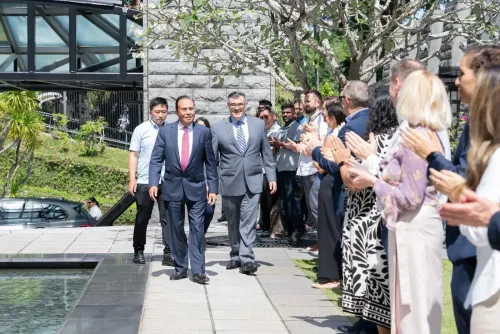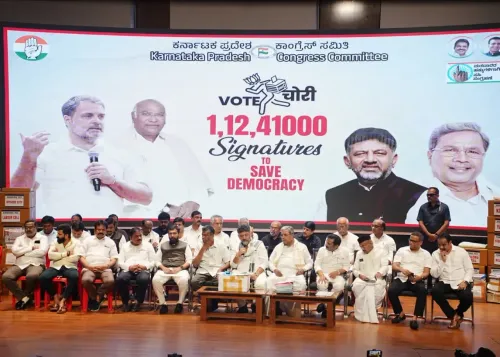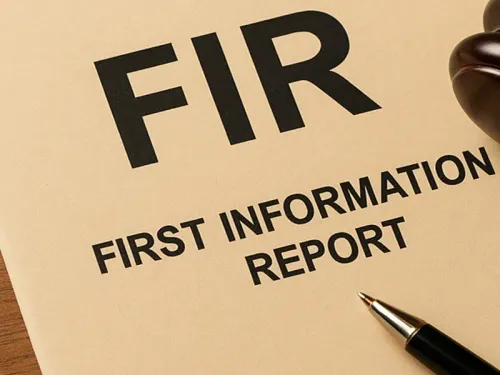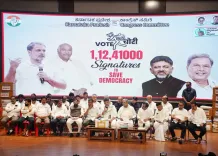Will the SC's directive lead to 25% DA payment for Bengal employees?
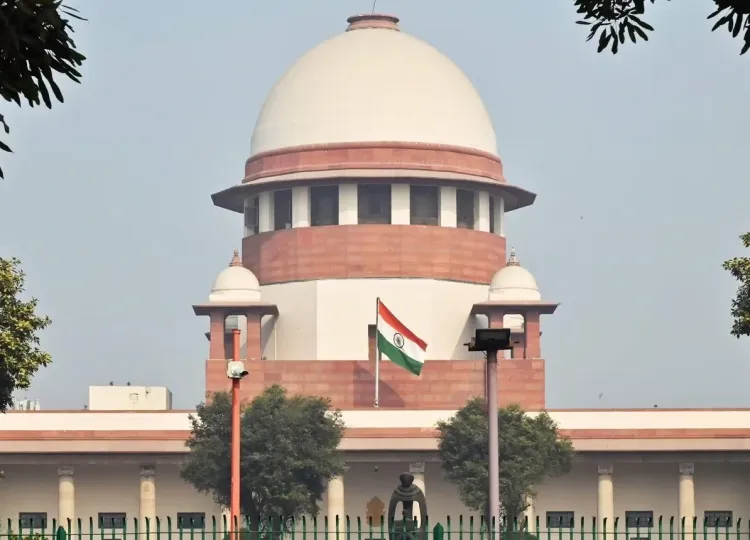
Synopsis
Key Takeaways
- Supreme Court's ruling mandates a 25% DA for state employees.
- Compliance deadline set for three months.
- Protests continue for parity with Central government DA.
- Calcutta High Court's prior instructions emphasized employees' rights.
- Potential financial implications for the state government.
New Delhi, May 16 (NationPress) In a significant move to provide interim relief to millions of state government employees, the Supreme Court directed the West Bengal government to grant them a dearness allowance (DA) of 25 percent. A bench of Justices Sanjay Karol and Sandeep Mehta mandated the state government to adhere to this directive within three months.
The Justice Karol-led bench scheduled the prolonged debate regarding the DA arrears for another hearing in August.
Following adverse decisions from the Calcutta High Court, which instructed the state government to promptly settle the DA arrears, the West Bengal government lodged a special leave petition (SLP) with the Supreme Court.
The ruling from the Calcutta High Court asserted that the DA arrears are a rightful claim of the state government employees and not a mere act of charity.
In an affidavit submitted to the Calcutta High Court, the state government expressed concerns that complying with the court's ruling on DA arrears could precipitate a financial crisis.
Under the Joint Forum of State Government Employees, West Bengal government employees have actively protested to secure DA comparable to that of Central government employees and the corresponding arrears.
Previously, in December, Chief Minister Mamata Banerjee announced an additional four percent DA for state employees. However, the joint forum criticized this increment as insufficient, highlighting a 36 percent gap compared to Central government employees.
Moreover, the Confederation of State Government Employees has filed a contempt petition against the state government for failing to meet the three-month deadline for DA arrears payment. The Calcutta High Court has instructed the Chief Secretary and Finance Secretary to submit affidavits explaining why contempt proceedings should not be initiated against them for non-compliance with the court's order.

